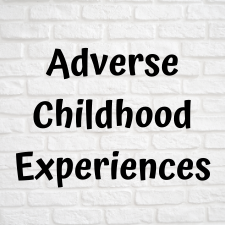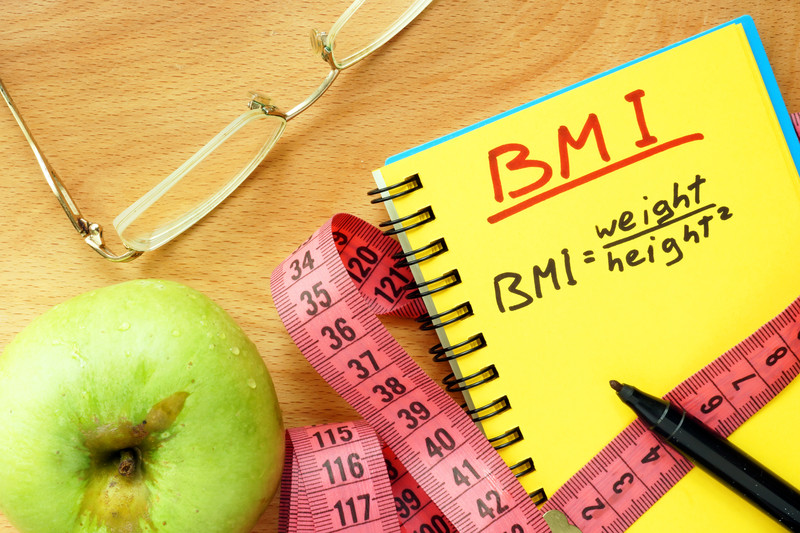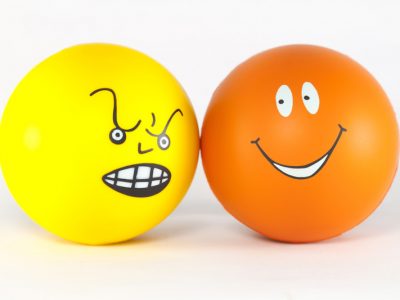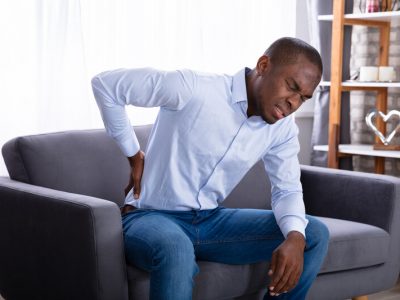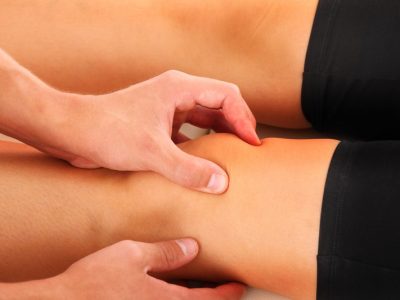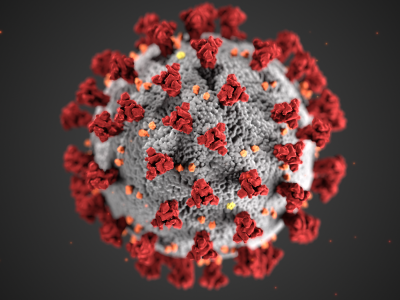Does Chronic pain catastrophizing lead to heavy drinking?
Chronic pain and heavy drinking are often found together. Knowing that, researchers set out to learn whether on or not those who engage in pain catastrophizing end up drinking heavier, too. They published the findings of their study in the Drug and Alcohol Dependence journal in October 2020 (1).
For this study, they had a group of non-treatment-seeking heavy drinkers complete reports regarding their condition. They shared information regarding their pain intensity, as well as their catastrophizing, and details about their alcohol use and problems, depression, and the reasons why they drink so heavily.
What the research showed was that pain catastrophizing has an effect on the person, leading them to crave alcohol. Oftentimes, those who engage in chronic pain catastrophizing engage in heavy drinking in order to try to “feel normal” again. The researchers concluded that pain catastrophizing does predict alcohol craving and that those who have high-intensity chronic pain tend to drink heavier.
Pain catastrophizing, which is having a strong and recurrent emotional response to the pain or anticipated pain, can be displayed in several ways. Some of the ways that people will catastrophize the pain include ruminating on it, making magnified or exaggerated statements about it, or having a feeling of helplessness about it. It’s a condition that not only leads drinkers to drink even heavier, but it can have a negative impact in other areas of people’s lives as well.
In the November 2020 issue of the journal Pain, researchers shared their study that showed that those who pain catastrophize in the morning are less likely to engage in physical activity throughout the day (2). They found that pain catastrophizing even went into the next day and led people to be more sedentary, skipping out on exercising and being physically inactive overall.
Pain catastrophizing, as the research has shown, can make matters worse for those who suffer from chronic pain. The good news is that it’s a behavior that can be changed.
Those who work with such people may want to provide information about:
- how to change the attitude, including exploring talking therapies
- cognitive behavior therapy
- mindfulness
- imagery and various other programs that can help address the situation.
Chronic pain often makes people feel down, stressed, and depressed. The more we can help alleviate mental conditions that may end up making condition worse, the better people will be. Curbing the pain catastrophizing can help reduce the drinking and keep people more physically active, among other things.
Sources:
- Drug and Alcohol Dependence. Pain catastrophizing predicts alcohol craving in heavy drinkers independent of pain intensity. October 2020. https://pubmed.ncbi.nlm.nih.gov/33143942/
- Pain. Daily pain catastrophizing predicts less physical activity and more sedentary behavior in older adults with osteoarthritis. November 2020. https://journals.lww.com/pain/Abstract/2020/11000/Daily_pain_catastrophizing_predicts_less_physical.17.aspx


